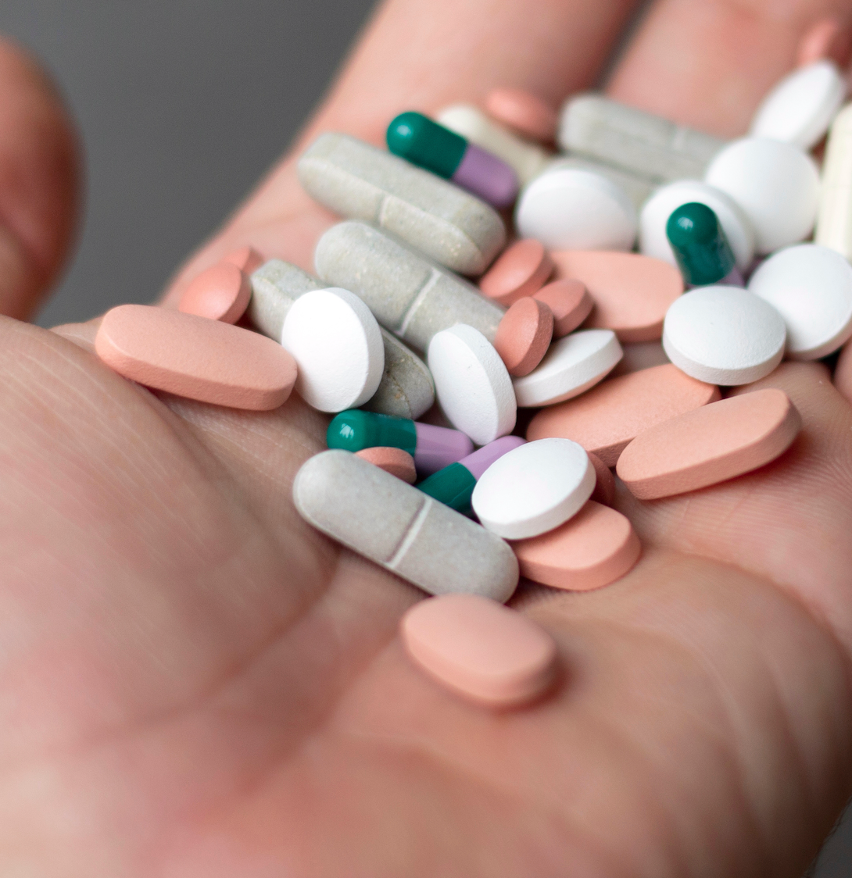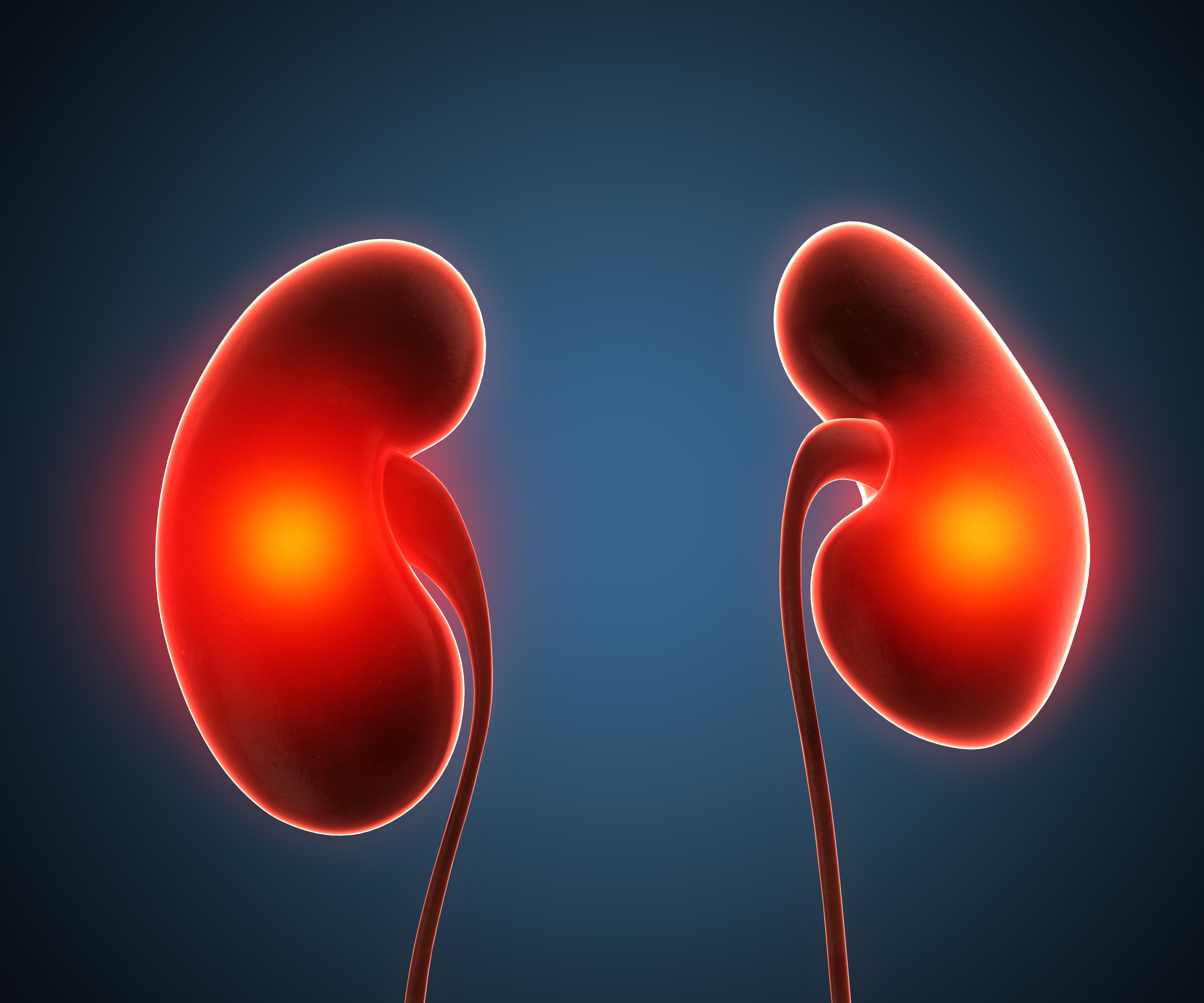Article
Study Highlights Need For Policies To Seek Utilization, Support Sustainable Market Of Biosimilars
Author(s):
Shifts towards on-patient and higher-cost therapies have been observed in TNF-alpha inhibitor biosimilar availability. Therefore, the importance of investing in biosimilars is encouraged.
To encourage the future development of biosimilars, policies need to both seek higher utilization of these drugs and support a sustainable market for these products, according to a study published in Frontiers in Pharmacology.1

“Besides complying with the same quality, efficacy, and safety standards as originator biologics, biosimilars often generate competition dynamics when entering the market, generally leading to lowered prices and savings,” investigators explained. “Global list price savings from biosimilars are expected to reach $285 billion, cumulatively in the period 2020 to 2025. This figure is likely to increase in the coming years, as biosimilar market shares expand and the economic impact of exclusivity losses for biologics rises. However, the level of competition generated by biosimilars varies according to the country’s biologics market, the care setting, and the molecule.”
A literature review examining market dynamics for tumor necrosis factor (TNF)-alpha inhibitors and competing immunomodulator molecules, as well as the benefits of the competition created by biosimilar availability, was determined using information from Italy, Spain, and Portugal. The study was designed according to published research evaluating markets for TNF-alpha inhibitors both prior to and post biosimilars availability. Scientific databases were searched for specific terms including biosimilars, biologics, market data, spending, savings, and TNF-alpha inhibitors.
Molecules evaluated in the analysis included adalimumab, baricitinib, certolizumab pegol, etanercept, ixekizumab, secukinumab, ustekinumab, rituximab, and tofacitinib, among others. Chosen molecules were based on country-specific guidelines for immune-mediated inflammatory diseases.
The consumption volume of TNF-alpha inhibitors has increased in the past years, with a 1.15-fold increase in Italy, a 1.29-fold increase in Portugal, and a 1.24-fold increase in Spain. An expansion in the overall access to TNF-alpha inhibitor pharmaceuticals was observed in the Italian, Spanish, and Portuguese markets. An increase in savings was noted within TNF-alpha inhibitors was noted even after the increase use of these molecules In Italy and Portugal, the yearly percent decrease in expenditure of adalimumab following the availability of biosimilars was 55% and 43%, respectively. Other molecules, namely golimumab, rituximab, and etanercept, also decreased over time. Despite this, the potential of etanercept, adalimumab, and infliximab biosimilars to produce price competition was limited in these markets.
Shifts towards on-patient and higher-cost therapies have been observed in TNF-alpha inhibitor biosimilar availability. Therefore, the importance of investing in biosimilars is encouraged.
Limitations related to data availability and different standards regarding data reporting in countries of study, should be noted. Market dynamics analysis were based on availability from National Databases in the 3 countries. The data analyzed does not represent the whole TNF-alpha inhibitors market in these countries. Although molecules selected are not complete, the most relevant competitors were included. Future studies should analyze the interplay of volume and cost evolutions for TNF-alpha inhibitors and competing products at a regional level in these countries.
“The potential of marketed TNF-alpha inhibitor biosimilars to generate price competition outside their drug class has been limited,” investigators concluded. “In light of these data, the need for policies that do not only seek higher utilization of marketed ‘best-value’ biologics, but that also support the sustainable development of new biosimilar molecules is highlighted.”
Reference:
Barcina Lacosta T, Vulto AG, Huys I, Simoens S. Evaluating the benefits of TNF-alfa inhibitor biosimilar competition on off-patent and on-patent drug markets: A Southern European analysis. Front Pharmacol. 2022;13:1031910. Published 2022 Dec 16. doi:10.3389/fphar.2022.1031910





